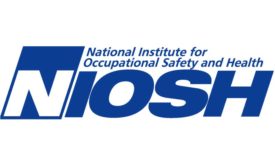Workplace Health
With much of the U.S. in the grip of a heat wave-
REMINDER: Do NOT leave children unattended in a vehicle
July 19, 2019
A NIOSH Science Blog post
Venomous snakes: A neglected hazard for outdoor workers
July 17, 2019
Never miss the latest news and trends driving the safety industry
eNewsletter | Website | eMagazine
JOIN TODAYCopyright ©2024. All Rights Reserved BNP Media.
Design, CMS, Hosting & Web Development :: ePublishing









